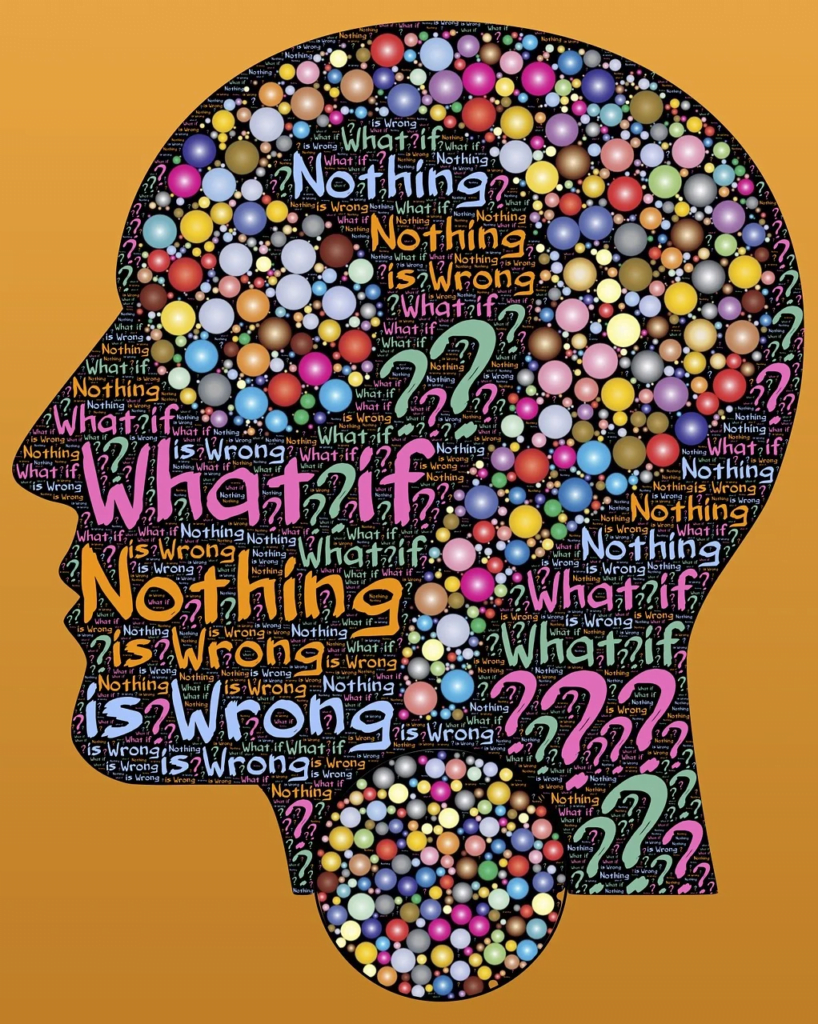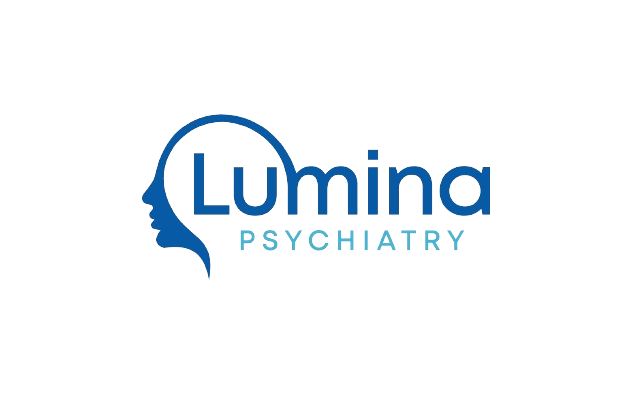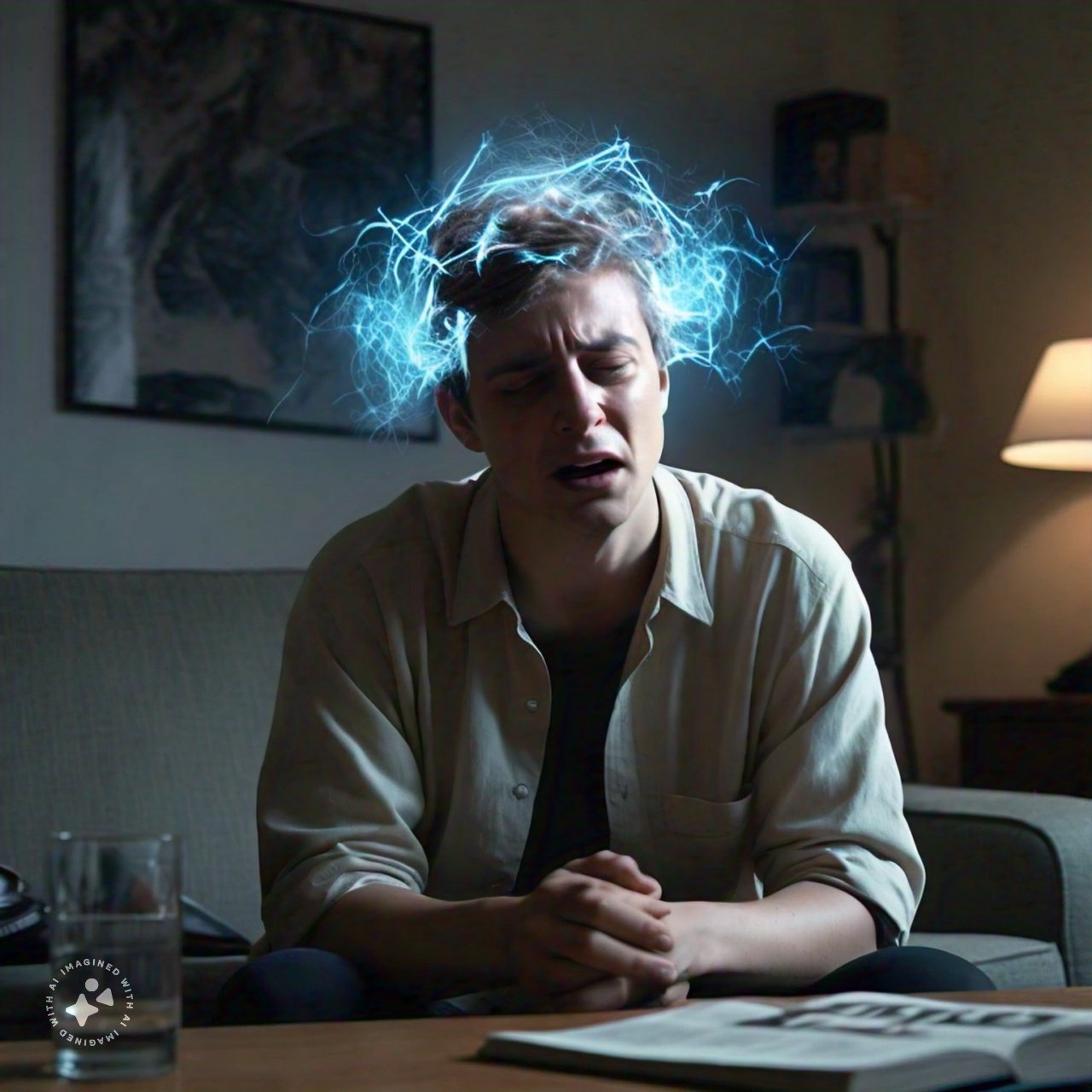ADHD in adults often flies under the radar, shrouded in a cloud of common misconceptions and myths that obscure its true nature. Unlike the hyperactive child stereotype often associated with the condition, adult ADHD manifests in complex, less visible ways, impacting everything from work performance to personal relationships. This blog aims to peel away layers of misunderstanding, shedding light on the actualities of living with adult ADHD. We will debunk the myths that have long skewed public perception and delve into the reality of the condition, using clear, evidence-based information.

Central to our exploration is the pioneering work of Lumina Psychiatry, which stands at the forefront of transforming how we understand and manage ADHD in adults. Through their committed efforts, Lumina Psychiatry not only offers advanced diagnostic tools and treatment options but also plays a crucial role in educating patients and the public alike. Their approach not only enhances the quality of care for those directly affected but also enriches our collective understanding of ADHD, paving the way for more inclusive and effective healthcare solutions.
Understanding ADHD in Adults
The Basics of ADHD
Attention-Deficit/Hyperactivity Disorder (ADHD) presents a complex array of symptoms in adults, ranging from difficulty maintaining focus to impulsivity and restlessness. Unlike the more observable symptoms in children, adult ADHD often manifests in less visible, yet equally disruptive ways, affecting organization, time management, and emotional regulation. The transition from childhood to adulthood ADHD sees a shift in symptom expression, with adults more often struggling with internal sensations of restlessness and a pervasive sense of underachievement, rather than the overt hyperactivity more commonly observed in children. This nuanced shift underscores the importance of recognizing ADHD as a lifelong condition that adapts with age but does not fade away, challenging the misconception that ADHD is exclusively a childhood disorder.

Prevalence and Diagnosis
Recent studies have illuminated that ADHD affects a significant portion of the adult population, debunking the myth that it is rare or overdiagnosed. Despite its prevalence, diagnosing ADHD in adults poses unique challenges. Many adults remain undiagnosed or misdiagnosed due to a lack of awareness, overlapping symptoms with other conditions, and the subtlety of adult ADHD symptoms compared to their childhood counterparts. The path to a diagnosis often begins with self-recognition of symptoms, followed by seeking professional help. Clinicians use a combination of patient history, symptom checklists, and sometimes informant reports to diagnose ADHD in adults, emphasizing the need for a comprehensive evaluation process. Understanding these challenges is crucial for improving diagnosis rates and ensuring that adults with ADHD receive the support and treatment they need to thrive.
Untangling Common Myths
When it comes to Adult Attention-Deficit/Hyperactivity Disorder (ADHD), numerous myths cloud public perception, often leading to misunderstandings and stigma. It’s crucial to distinguish fact from fiction for a better grasp of the condition. Let’s debunk some of the most pervasive myths about ADHD in adults.

Myth 1: Adults Can’t Have ADHD
A common misconception holds that ADHD exclusively affects children. This myth couldn’t be further from the truth. Many adults continue to struggle with ADHD symptoms that started in childhood, and some even receive their diagnosis later in life. ADHD remains a significant part of the lives of many adults, impacting their daily activities and relationships.
Myth 2: ADHD Is Just an Excuse for Laziness
The symptoms of ADHD, such as difficulty concentrating, managing time, and completing tasks, may appear as laziness to those unfamiliar with the complexities of the disorder. However, these challenges stem from the neurological makeup of individuals with ADHD, not a lack of effort or motivation. Understanding this can foster empathy and support for those affected.
Myth 3: Medication Is the Only Treatment
While medication often plays a critical role in managing ADHD, it’s not the sole treatment option. Behavioral therapy, lifestyle changes, coaching, and support groups can also significantly improve symptoms. Tailoring the treatment approach to the individual’s needs is vital for effective management.
Myth 4: ADHD Affects Only Men
Research shows that ADHD affects both men and women, although it may be underdiagnosed in females due to differing symptom presentation or societal expectations. Both genders can experience the impact of ADHD on their personal and professional lives, necessitating awareness and support across the board.
Myth 5: ADHD Is Not a Real Medical Condition
Despite some lingering skepticism, overwhelming evidence from neuroscience, imaging studies, and clinical research confirms ADHD as a legitimate medical disorder. Leading health organizations recognize it as such, underscoring the need for proper diagnosis and treatment. Expert consensus and scientific evidence affirm the reality of ADHD, advocating for understanding and support for those affected.
Understanding the Reality of ADHD in Adults
Adult ADHD goes beyond mere difficulty with concentration or occasional forgetfulness; it profoundly affects various aspects of daily life, from professional achievements to personal relationships and self-perception.
Impact on Daily Life
Individuals with adult ADHD often face significant challenges at work, such as meeting deadlines, staying organized, and maintaining focus during meetings. These difficulties can lead to job dissatisfaction, frequent changes in employment, and perceived underachievement. In personal relationships, symptoms like impulsivity, forgetfulness, and poor time management can strain connections with loved ones, causing misunderstandings and frustrations. Moreover, the constant struggle with these symptoms can erode self-esteem, leading adults with ADHD to underestimate their abilities and contributions.
Treatment and Management
Effectively managing adult ADHD requires a comprehensive approach that may include medication, behavioral therapy, and lifestyle modifications. Stimulant and non-stimulant medications can help improve concentration and reduce impulsivity and hyperactivity. Behavioral therapy can offer strategies for organizing tasks, managing time efficiently, and improving social skills. Additionally, lifestyle adjustments such as regular physical activity, a healthy diet, and sufficient sleep can significantly impact symptom management.
The cornerstone of effective treatment, however, lies in personalization. Each individual experiences ADHD differently, necessitating a tailored treatment plan that addresses specific needs, preferences, and goals. This personalized approach ensures that individuals with ADHD receive the most appropriate and effective support, paving the way for improved functioning and quality of life.
How Lumina Psychiatry is Making a Difference
Lumina Psychiatry stands at the forefront of treating ADHD in adults by integrating the latest research and innovative methods into the care plans. We recognize that each person’s experience with ADHD is unique, prompting them to employ a diverse range of treatment options tailored to individual needs. Our commitment to innovation means patients benefit from the most current and effective strategies, ensuring that treatment is not only comprehensive but also cutting-edge.
Innovative Approaches to Treatment
Lumina Psychiatry leverages the newest findings in ADHD research to inform their treatment methods, combining medication management with behavioral interventions that address the specific challenges faced by adults with ADHD. Our proactive approach involves staying abreast of advancements in ADHD care, allowing us to offer novel therapies that can significantly improve patient outcomes.
Support Beyond Medication
Understanding the multifaceted nature of ADHD, Lumina Psychiatry emphasizes a holistic approach to treatment. Beyond medication, we provide therapy, coaching, and community support to address all aspects of a patient’s life affected by ADHD. This comprehensive support system not only helps manage symptoms more effectively but also empowers individuals to lead more fulfilling lives, demonstrating Lumina Psychiatry’s dedication to our patients’ overall well-being.
Conclusion
This blog has illuminated the realities of adult ADHD, challenging prevalent myths that hinder a full understanding and effective support of those affected. We’ve emphasized the critical need for debunking these myths to properly understand and manage ADHD in adults. Lumina Psychiatry’s role is indispensable in this endeavor. With our innovative and holistic approach to treatment, we are significantly improving the lives of adults with ADHD. For those seeking the best evidence-based medical care for ADHD, contacting Lumina Psychiatry is a pivotal step toward managing this condition effectively and enhancing overall well-being. Reach out to Lumina Psychiatry now to embark on a journey toward better health and a more fulfilling life.




